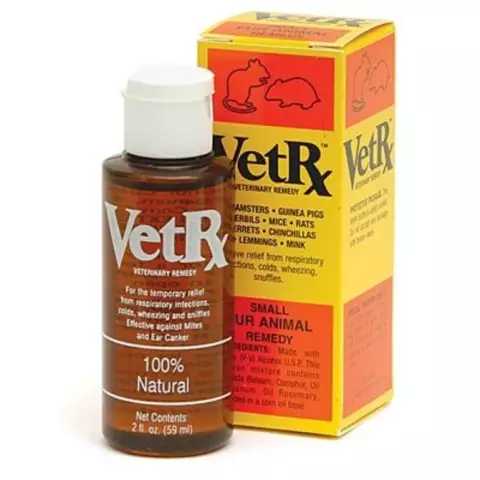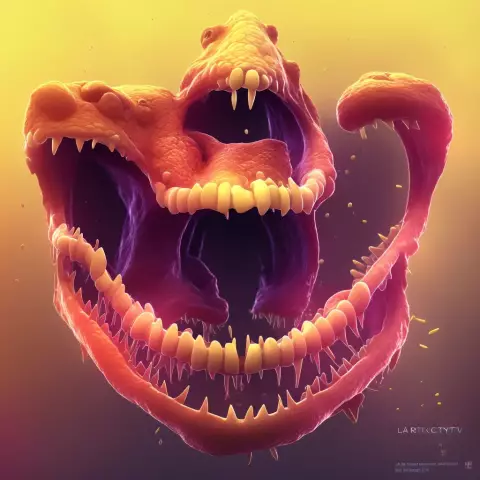- Author Curtis Blomfield blomfield@medicinehelpful.com.
- Public 2023-12-16 20:44.
- Last modified 2025-01-23 17:01.
Laryngotracheitis is a disease of the larynx and upper trachea caused by viral infections. Accompanied by hoarseness of voice and debilitating cough. Adults can completely recover from the disease in 5-10 days. A different course can take laryngotracheitis in children. Treatment must begin as soon as possible due to the physiological characteristics of the structure of the trachea and larynx in a child.

What is the danger of laryngotracheitis in young children?
Increased secretion of the glands of the mucous membranes, weakness of the respiratory muscles, narrow lumen of the trachea and larynx, accumulation of purulent mucous secretions in the respiratory tract - a combination of these factors can cause stenosis of the larynx - difficulty breathing caused by inflammatory edema of the larynx. If the edema progresses, the consequences can be sad. Therefore, at the first signs of laryngotracheitis in children, you should consult a doctor.
How to recognize laryngotracheitis?
Symptoms of the disease are quite definite. The disease begins suddenly, more often at night than during the day. The child has shortness of breath, a fever, temporary loss of voice, orhoarseness. Cough appears, breathing becomes difficult, sometimes there is a blue nasolabial triangle.
By calling an ambulance doctor, parents should alleviate the condition of the child. To do this, do the following.

- Reassure the child. Anxiety and crying increase the likelihood of developing stenosis.
- If the temperature is above 380C, knock down. It is preferable to use suppositories, as taking drugs orally can cause vomiting.
- Spoon sip warm alkaline drink: mineral water, milk with butter and a pinch of soda, or water with s alt and baking soda.
- Humidify the air in the room. If possible, use a compressor nebulizer with saline to moisten the child's larynx.
Do Not Do:
- apply warm compresses, put mustard plasters;
- give the child fruit drinks, compotes, juice;
- rubbing with ointments containing menthol and eucalyptus;
- raise the temperature in the room above 210C;
- apply drugs in the form of a spray for the nose and throat.
If there is a suspicion of laryngotracheitis in children, treatment should only be carried out by a doctor. Parents should show responsibility towards the life and he alth of the child and in no case engage in self-diagnosis and self-treatment.
Treatment
If the doctor has confirmed the diagnosis of laryngotracheitis, in children treatment includes:
- nebulizer therapy;
- taking antiviral drugs;
- antihistamines, antitussives, mucolic drugs.

In addition, you must follow a diet: exclude spicy, s alty foods, cold and hot foods and drinks.
Exclude strain on the vocal apparatus: teach the child to communicate in silent whispers.
With a favorable course of the disease, the child fully recovers in a week.
Sometimes chronic laryngotracheitis develops in children, the treatment of which should include a set of measures: immunomodulatory drugs ("Immunal", "Likopid", "Broncho-Munal"), prescription of multivitamins, massage, UHF, drug electrophoresis.
Children 2-5 years old are very susceptible to laryngotracheitis, more often boys. Immunity after a disease is not developed. To prevent the disease, it is necessary to increase the immunity of the child and protect him from SARS.






